The Vine interview: Gareth Liddiard of The Drones, February 2013
An interview for The Vine. Excerpt below.
The Drones: “I’m not addicted to love”
It’s a busy time for Melbourne rock band The Drones – or so I thought. When singer/guitarist Gareth Liddiard (main photo, far left) calls in early February, their sixth studio album I See Seaweed is less than a month away from release, and the second All Tomorrow’s Parties (ATP) festival to take place in Australia – curated by Liddiard and his bandmates – is but a fortnight away. Yet the singer is lazily strolling around at his home in the Victorian bush, oil can in hand, searching for strong mobile phone reception. A picture of calm.
I’m being slightly disingenuous in this depiction, of course. Late in our half-hour interview, it emerges that Liddiard’s had little time to himself lately. While their ATP curating duties have long since finished – judging by what I hear today, it seems there’s little more required of The Drones beyond showing up next weekend, shaking some hands, plugging in, and playing some songs – completing I See Seaweed has been a full-time concern of late.
It shows in the songs. I’ve played the eight-track album perhaps 25 times by the time Liddiard and I speak, and I’m convinced it’s a contender for their best yet. Our conversation contains in-depth discussion around songs that, at the time of writing, you won’t have heard. Album spoilers aside, Liddiard offers a typically expansive conversation that touches on space-bound canines, alternative ideas to programming festivals, The Drones’ newly-confirmed fifth member, and experimenting with topless photography.
—
The lyrical themes of I See Seaweed are as varied as ever; it seems that nothing’s out of bounds for you. How do you decide what to write about?
It’s more what not to write about. Some things are boring, and they’re done to death, so I steer clear of them, really.
For example?
Any sort of clichés. I don’t pick cotton; I’m not addicted to love. You know what I mean? Some things have been done before, so I try not to do that.
I’m just trying to think whether I’ve ever heard a Drones love song before. I don’t think I have.
There are love songs, but they’re not really obvious. It would be retarded if we did love songs, because I’d either get into trouble from the bass player [Fiona Kitschin, Liddiard’s partner] for being in love with someone who isn’t her, or if I wrote a love song about her, imagine me showing her the chords and telling her how to play it! That’s really wrong.
Point taken. You mentioned avoiding clichés; has that always been something you’ve aimed to do? Has this changed since [2002 debut album] Here Come The Lies?
I’ve always tried to avoid it, but I wasn’t always successful. I wasn’t always aware that some things were clichés. It’s self-awareness, that’s all. And being self-critical, I guess. Everyone has their blind spots, but you’ve got to work on those. Some people go, “check this out, man!” as if it’s some amazing thing, but they’ve just copied someone else. They have this enormous blind spot.
I think the best example for all that is something like American Idol, or Australian Idol. There’s some severe fuckin’ blind spots going on there; people who aren’t self-critical at all. They think they’re good at what they do, but they’re not. If they just rationalised it – or if they used rational thought – they would see where they’re going wrong. But often that’s painful to do.
I don’t find any clichés in your writing. Certainly not in the last few albums.
Like anyone, I fuck up. I just try. I like it; it’s fun. It’s interesting. It’s like science. I’m sure a lot of scientists would be a wee bit striking [in their approach] when they initially put their hypothesis out there. People shoot ‘em down. But I’m sure there’s a large part of them that would be excited to see where they went wrong.
It’s all about the truth; it’s getting close to the truth. They’re trying to find out what the hole is. I’m just trying to figure out what I’m capable of. I mean, I’ve got limits. I’m just using up everything within my limits to make music that’s interesting. Because I want to hear interesting music. That’s all that is.
For the full interview, visit The Vine.
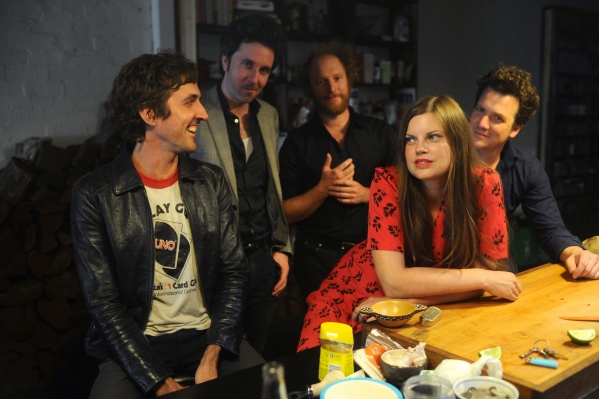
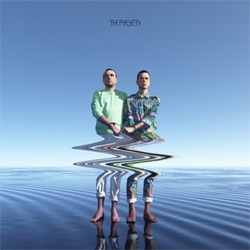 Four years between albums is plenty of time for younger competitors to snatch the crown from Australia’s electronic music kings.
Four years between albums is plenty of time for younger competitors to snatch the crown from Australia’s electronic music kings.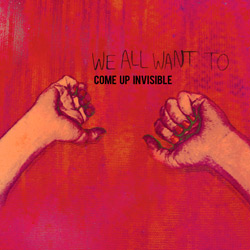 This is a messy album in the best way possible. The music created by Brisbane four-piece We All Want To swings back and forth between charming indie pop and rock with jagged edges.
This is a messy album in the best way possible. The music created by Brisbane four-piece We All Want To swings back and forth between charming indie pop and rock with jagged edges.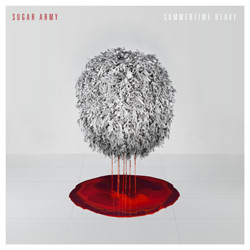 Through change comes artistic progress. On its second album, Perth-based rock act Sugar Army has streamlined the sound out of necessity: the band’s bassist joined fellow Perth group Birds of Tokyo, reducing the quartet to a trio.
Through change comes artistic progress. On its second album, Perth-based rock act Sugar Army has streamlined the sound out of necessity: the band’s bassist joined fellow Perth group Birds of Tokyo, reducing the quartet to a trio.
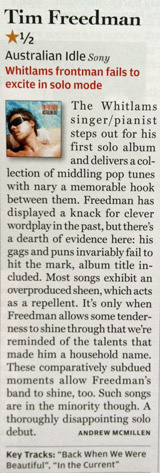 Tim Freedman
Tim Freedman 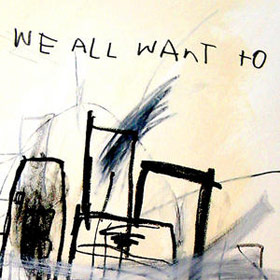 We All Want To – We All Want To
We All Want To – We All Want To